The shift towards clean energy is not just an environmental imperative but also a burgeoning sector full of financial opportunities. The Department of Energy Loan Programs Office (LPO), Title 17 Clean Energy Financing program stands out as a beacon for companies striving to innovate within the clean energy space. Let's dive into how your company can navigate and benefit from this program, with Arbor's expertise guiding you every step of the way.
What is Title 17 Clean Energy Financing?
At its core, Title 17 Clean Energy Financing is a DOE initiative designed to propel the adoption of innovative clean energy technologies across the United States. Established under the Energy Policy Act of 2005, it offers loan guarantees to projects that aim to reduce greenhouse gas emissions and enhance energy efficiency. With a focus on large-scale ventures, Title 17 spans various sectors, including renewable energy, energy storage, advanced nuclear technology, and carbon capture, to name a few.
How does the Title 17 Clean Energy Financing program work?
Title 17 provides critical financial backing through loan guarantees, covering up to 80% of a project's total cost. This significantly lowers the risk for lenders and investors, making it easier for groundbreaking projects to secure the necessary capital. The program targets not fully commercialized initiatives, offering a unique opportunity for innovation-led projects to come to fruition.
Who’s eligible for Title 17 Clean Energy Financing?
Eligibility for Title 17 Clean Energy Financing spans various sectors and project types.
Here's a detailed overview:
- Location: Projects must be based in the United States.
- Energy Relation: Projects should be related to the energy sector.
- Emission and Pollution Reduction: They should aim to avoid, reduce, utilize, or sequester air pollutants or greenhouse gases.
- Financial Viability: There should be a reasonable prospect of repayment.
- Technology: Projects must involve technically viable and commercially ready technology.
- Community Benefits: An inclusive Community Benefits Plan is required.
- Federal Support: Projects cannot benefit from prohibited federal support.
- Eligible Technologies: They must involve one or more of the thirteen 1703 Eligible Technologies.
- Innovation: Projects should deploy new or significantly improved technology.
- Manufacturing: Either involve new technology in the manufacturing process or manufacture a new or significantly improved product.
- State Support: They must receive financial support or credit enhancements from a State Energy Financing Institution (SEFI).
- Existing Infrastructure: Some projects may relate to existing energy infrastructure.
- Utility Benefit Sharing: Projects may need to share financial benefits with customers or communities, especially if related to electric utilities.

How do you apply for the Title 17 Clean Energy Financing for your company?
Securing financing under Title 17 involves a detailed application process, emphasizing your project's innovative nature and environmental benefits. Here’s a simplified roadmap:
- Preliminary Consultation: Engage with the DOE to discuss your project's eligibility and financing needs.
- Part I Application: Submit an initial application highlighting your project's feasibility, technology innovation, and potential environmental impacts.
- Part II Application: Provide comprehensive project details, including financial projections, technical descriptions, and environmental assessments.

How Arbor helps you to get funding from Title 17 Clean Energy Financing
Arbor's platform can be instrumental in your journey to secure Title 17 financing. Arbor has helped companies apply to get Title 17 Clean Energy Financing by measuring the emission savings of their clean energy solutions with our Carbon Calculator. Here are some benefits in Arbor aiding your application:
- Evaluating Project Eligibility: Assessing your project against Title 17 criteria to ensure a strong application.
- Carbon Impact Assessment: Providing detailed carbon impact assessments following the DOE requirements.
- Emissions-related Data Management: Offering Arbor’s platform for managing the carbon emissions-related data required for Title 17 applications.
With our experience, we can help your company. Get in touch with us to boost your application for Title 17.
When to apply & the deadline for Title 17 Clean Energy Financing
The application period for Title 17 Clean Energy Financing is currently open. While no specified deadline is mentioned for the overall program applications, it is important to note that any interim rules or specific categories within the program may have deadlines for comments or other types of feedback. For example, comments on the interim final rule were accepted until July 31, 2023, after which a final rule was expected to be established.
Given the complexity and scale of the program, it's crucial for interested parties to stay updated with the latest guidance and timelines, which can be found on the U.S. Department of Energy's Loan Programs Office (LPO) website. It is advisable for companies to begin preparing their applications as soon as they determine eligibility to ensure they can compile a comprehensive and competitive submission.
What are the benefits of Title 17 Clean Energy Financing for your company?
Title 17 financing is not just about securing funds; it's about being part of the clean energy transition. Benefits include:
- Reduced Financial Risk: Loan guarantees make attracting additional investors and lenders easier.
- Market Leadership: Deploying cutting-edge technologies sets your company apart as an industry leader.
- Environmental Impact: Contributing significantly to the reduction of greenhouse gases and pollution.
Summary of Title 17 Clean Energy Financing
Title 17 Clean Energy Financing is a critical tool for companies looking to make significant strides in the clean energy domain. With Arbor's support, navigating the complexities of this program becomes more manageable, enabling your company to secure the necessary funding and contribute meaningfully to a sustainable future. As we march towards a cleaner, greener world, initiatives like Title 17 pave the way for innovative solutions and sustainable growth.
For companies ready to take a bold step into the future of clean energy, Arbor offers the expertise and tools necessary to turn visionary projects into reality. With our guidance, the journey towards securing Title 17 Clean Energy Financing is not just a possibility but a tangible pathway to success and sustainability.
Strengthen your grant application with Arbor’s help. Chat with experts from Arbor
Measure your carbon emissions with Arbor
Simple, easy carbon accounting.
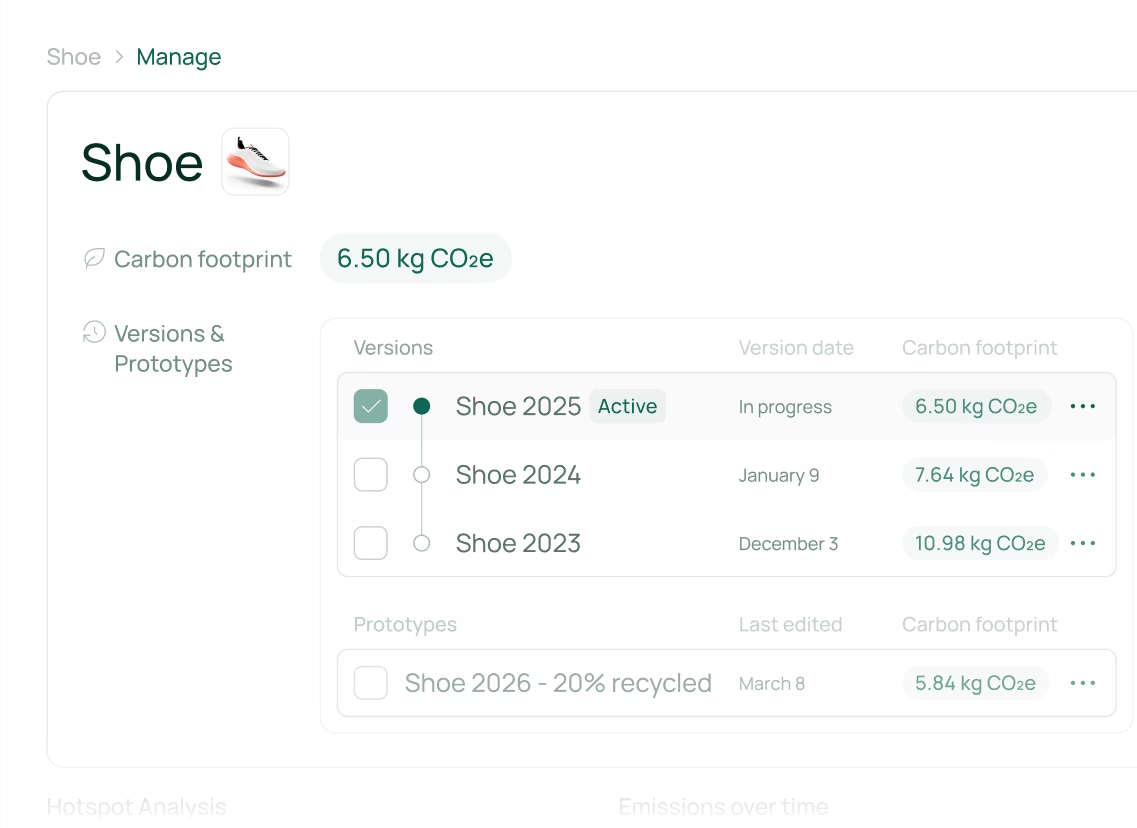




.webp)
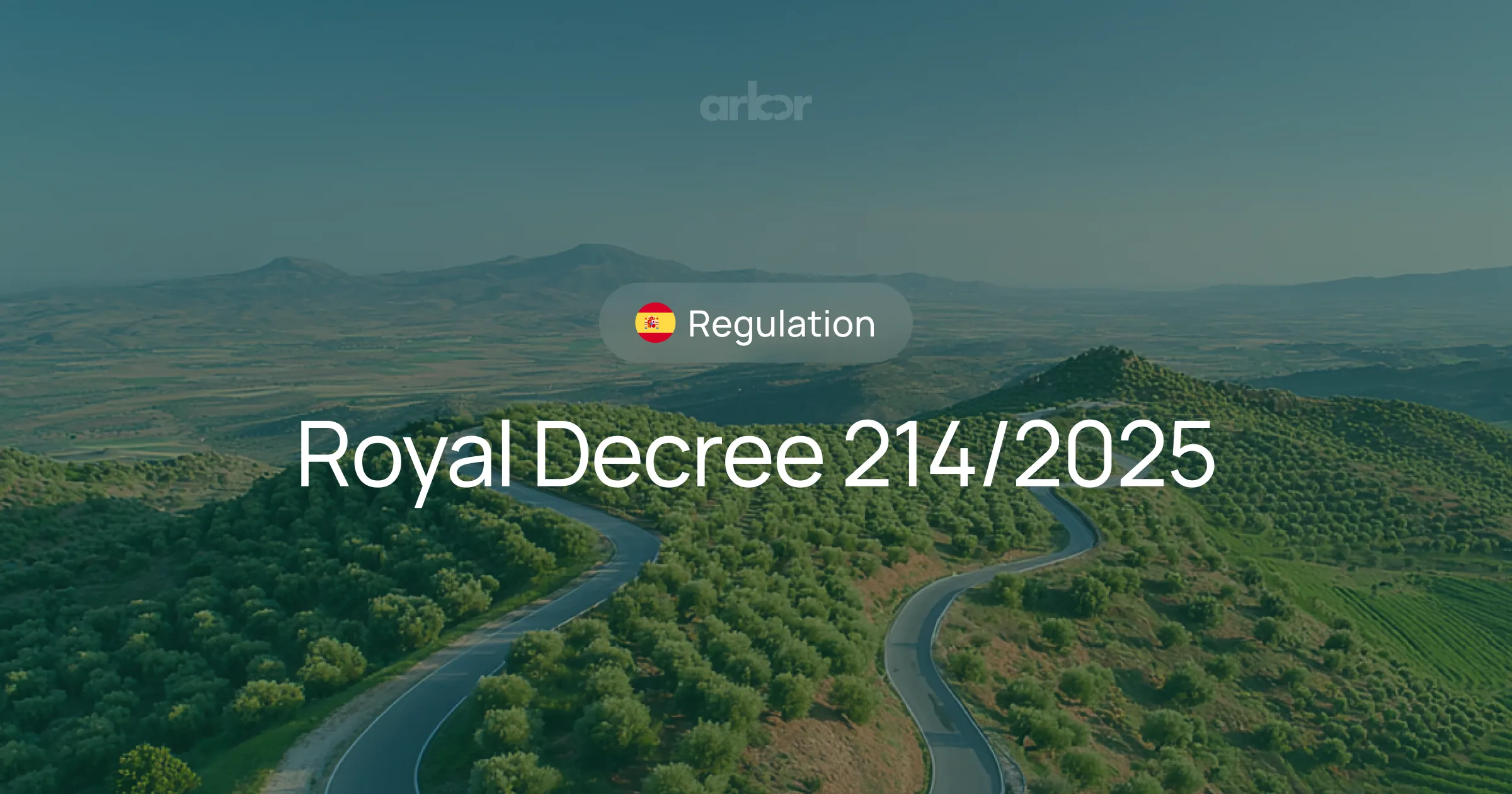
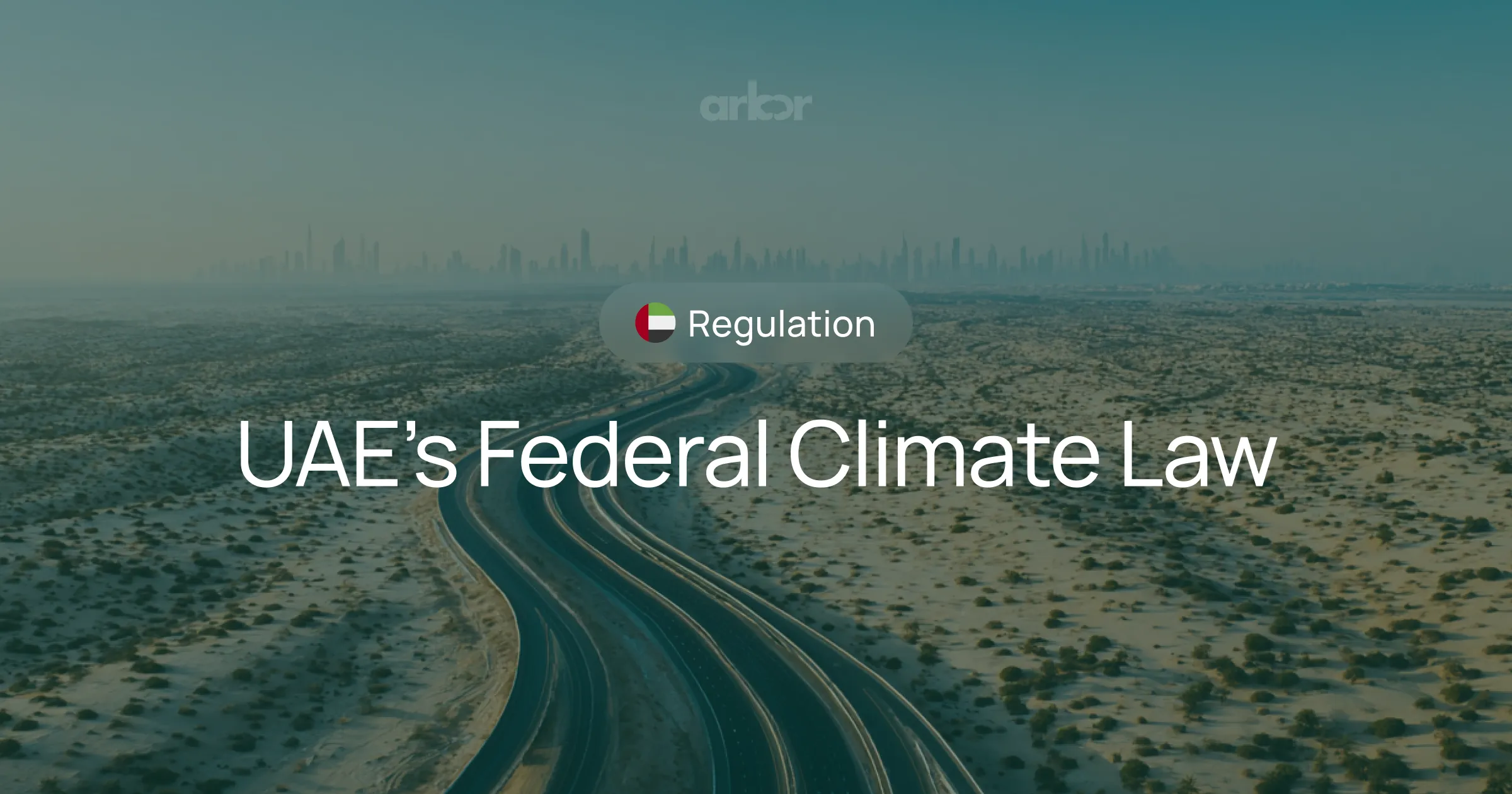
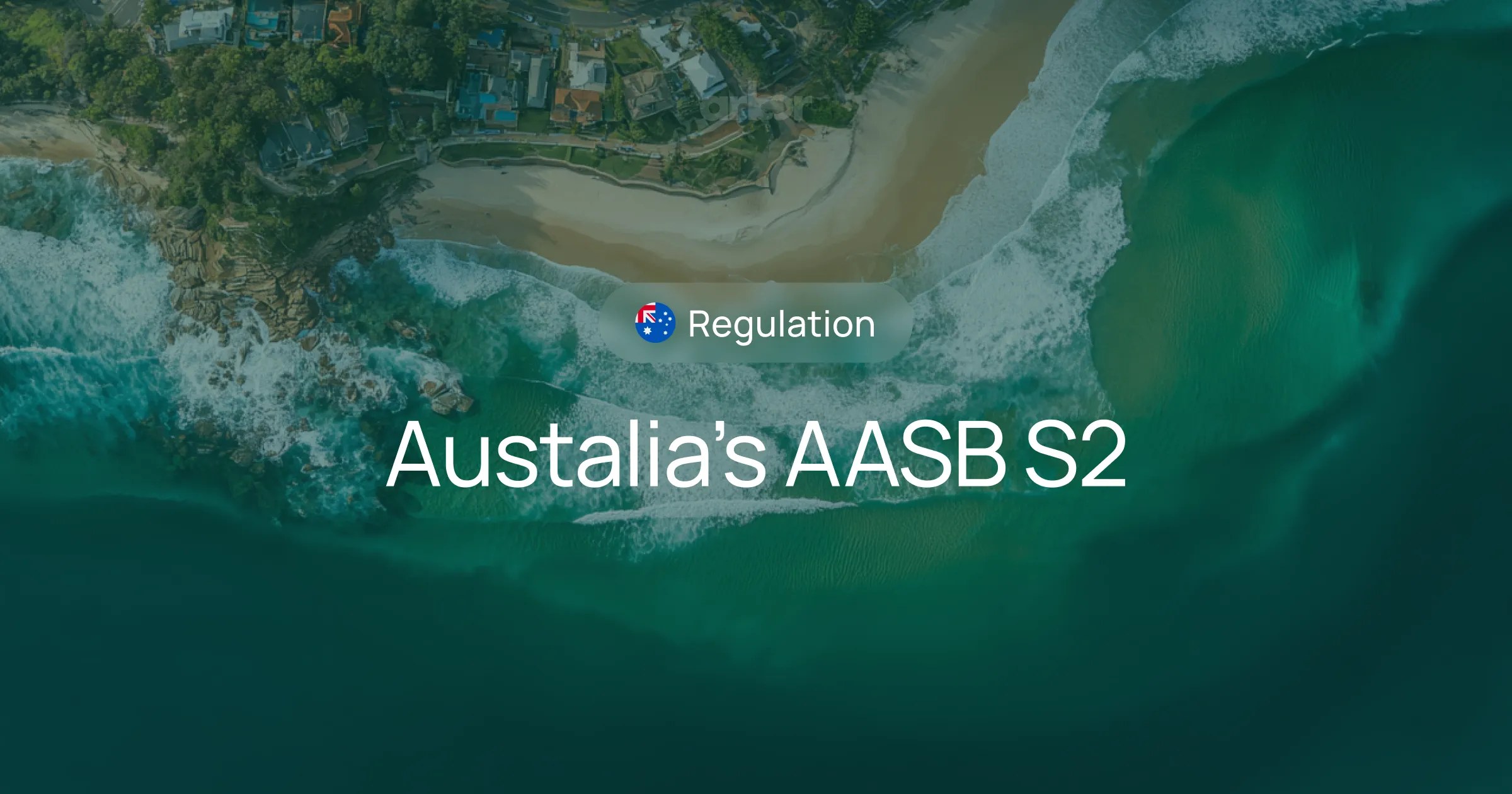
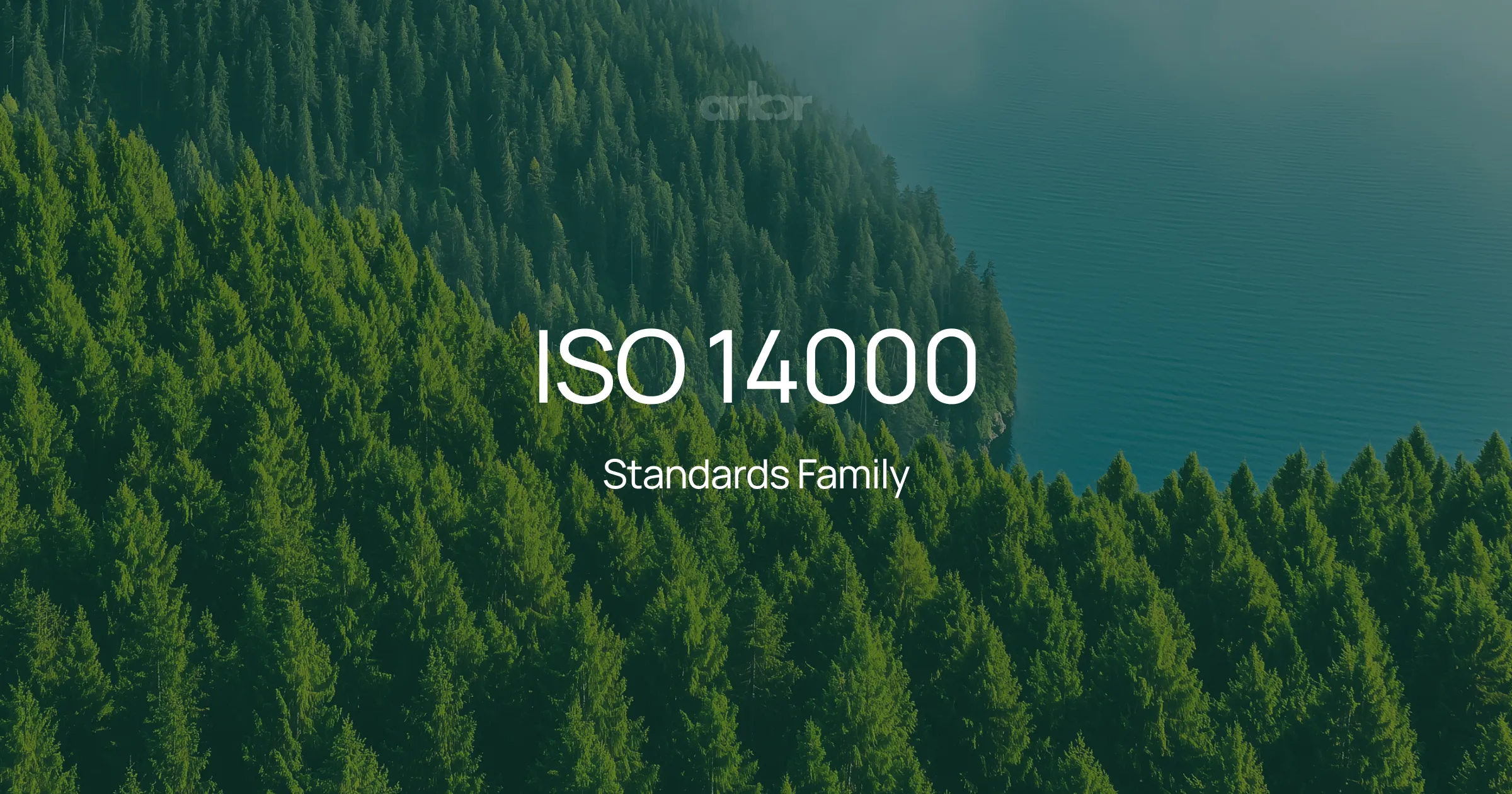
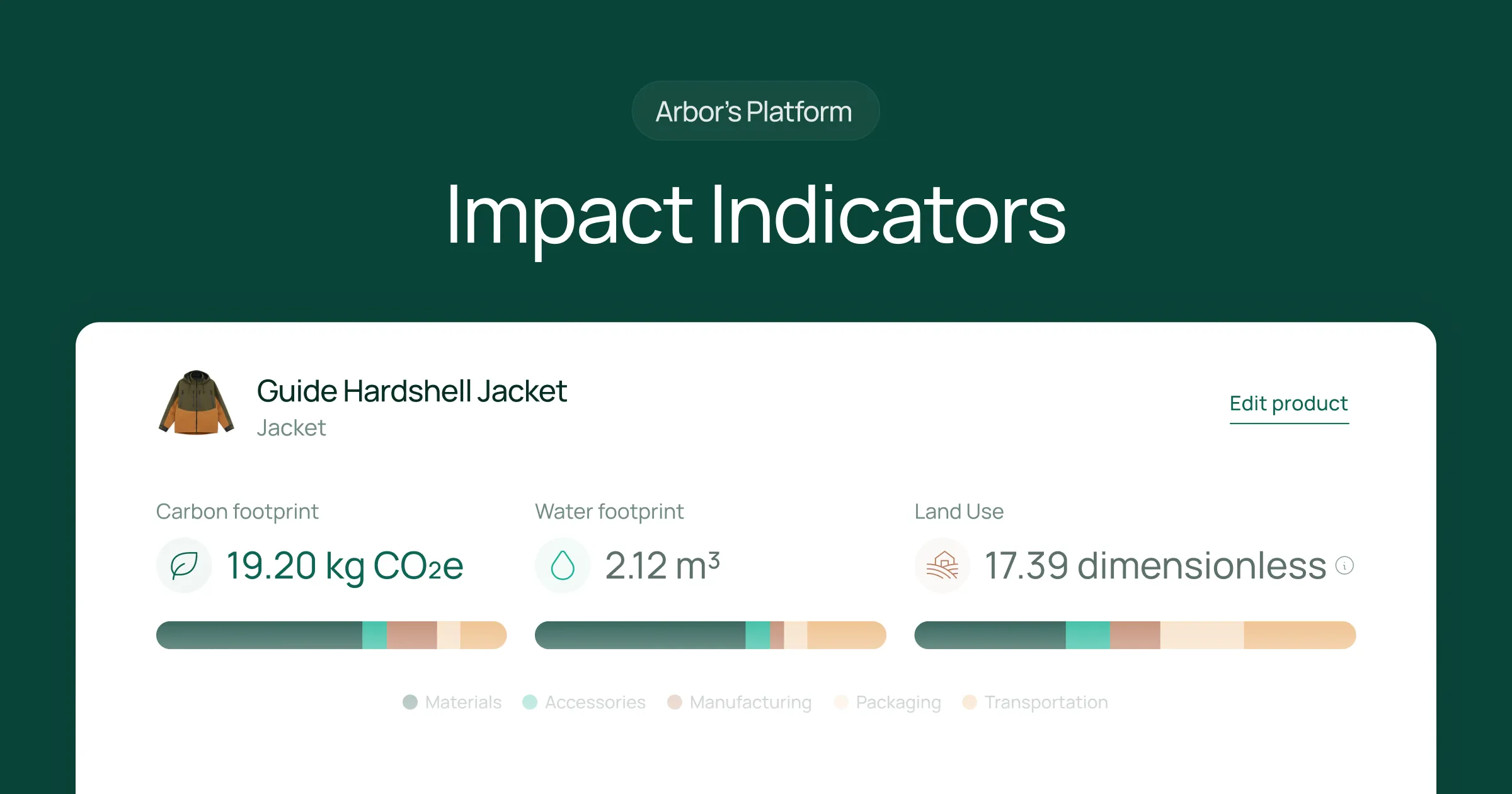
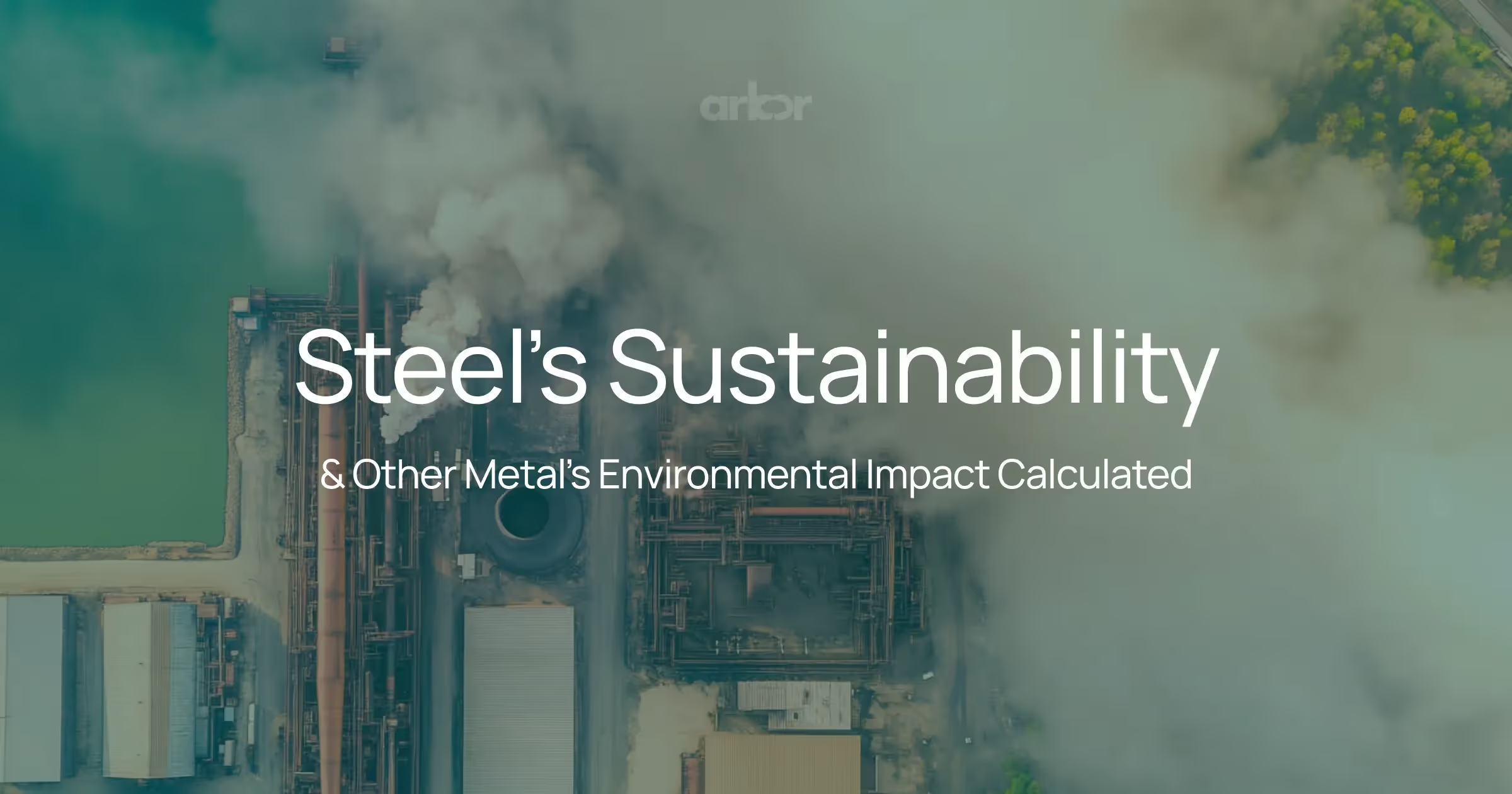

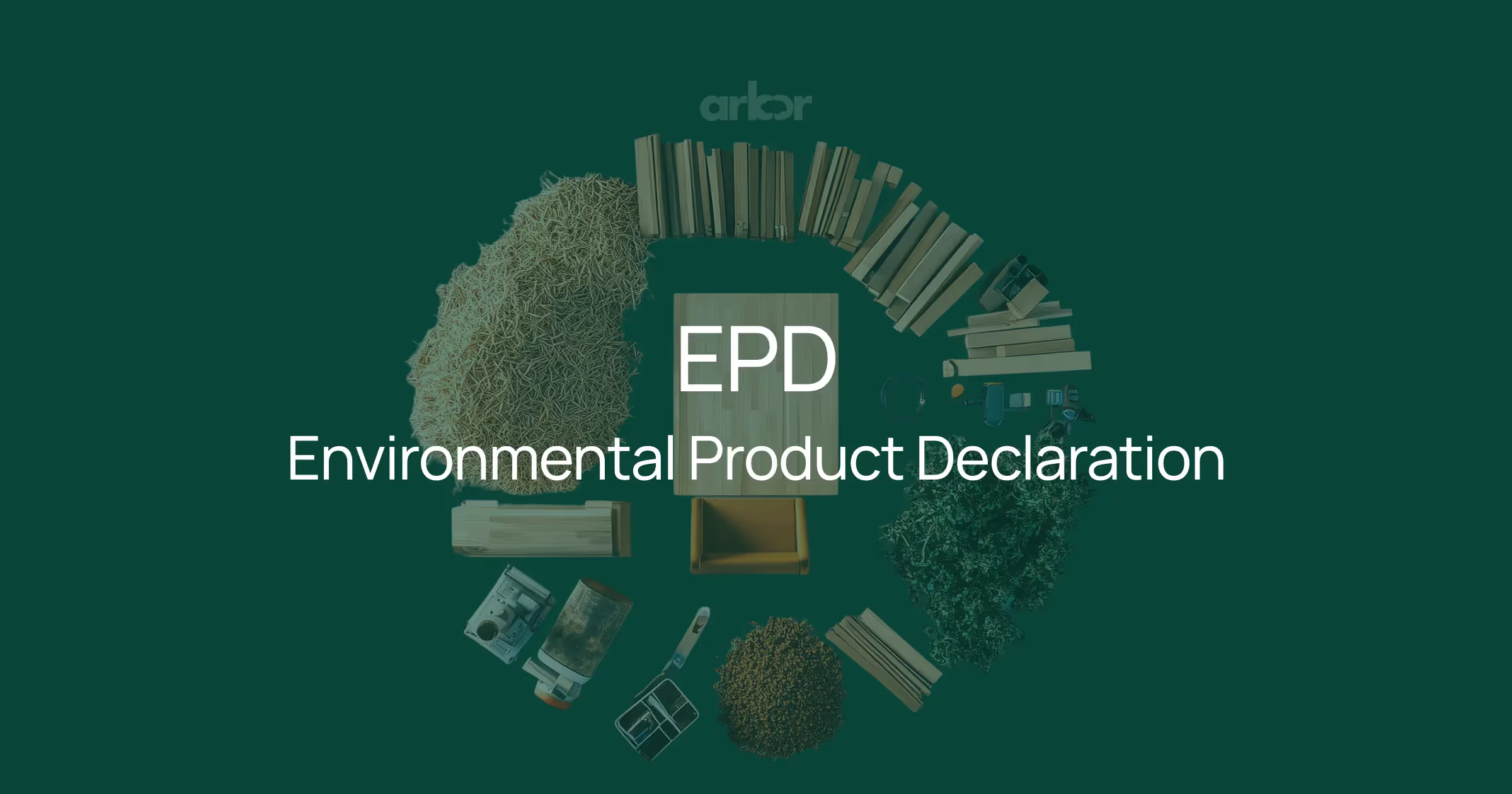
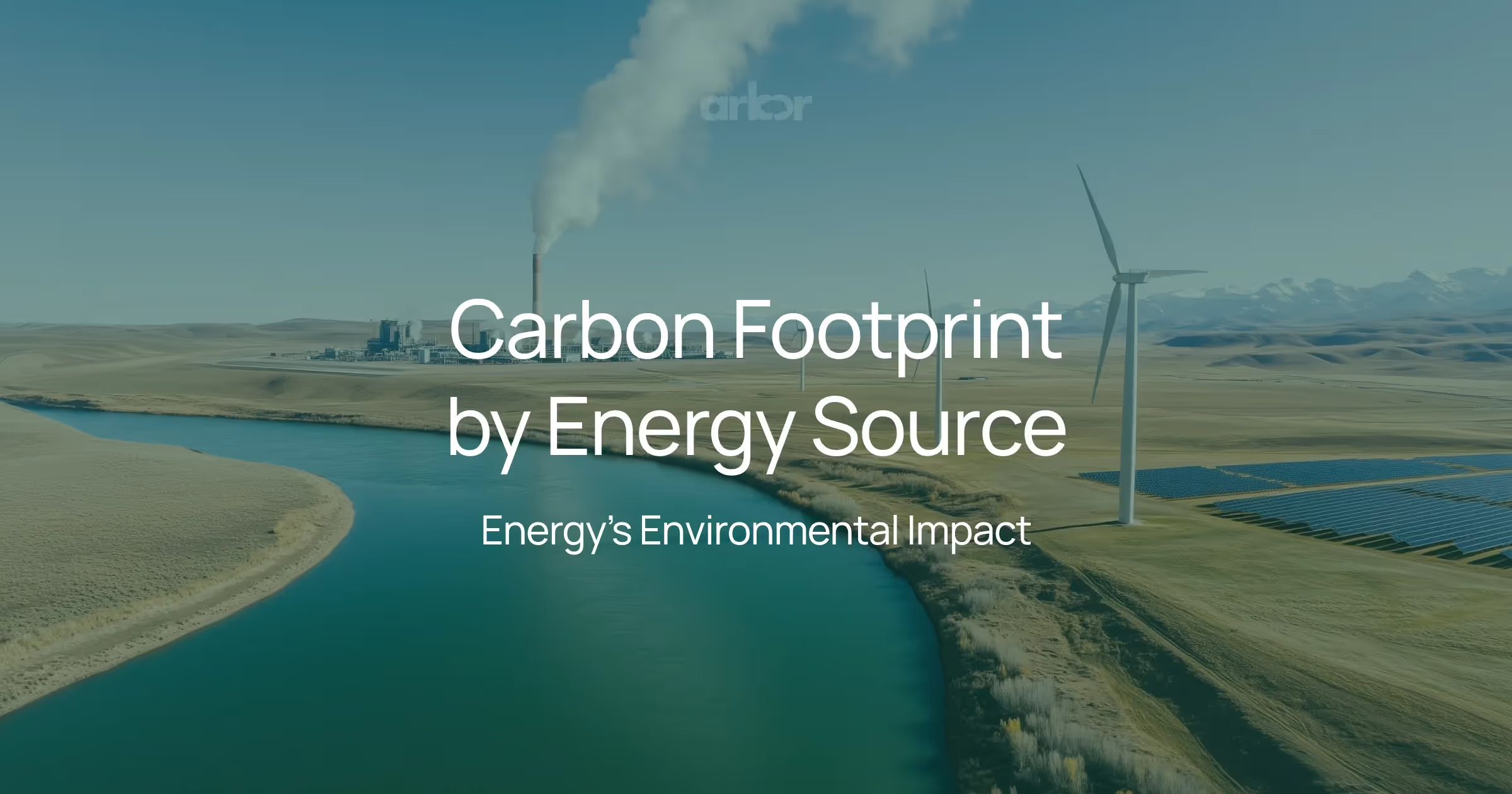
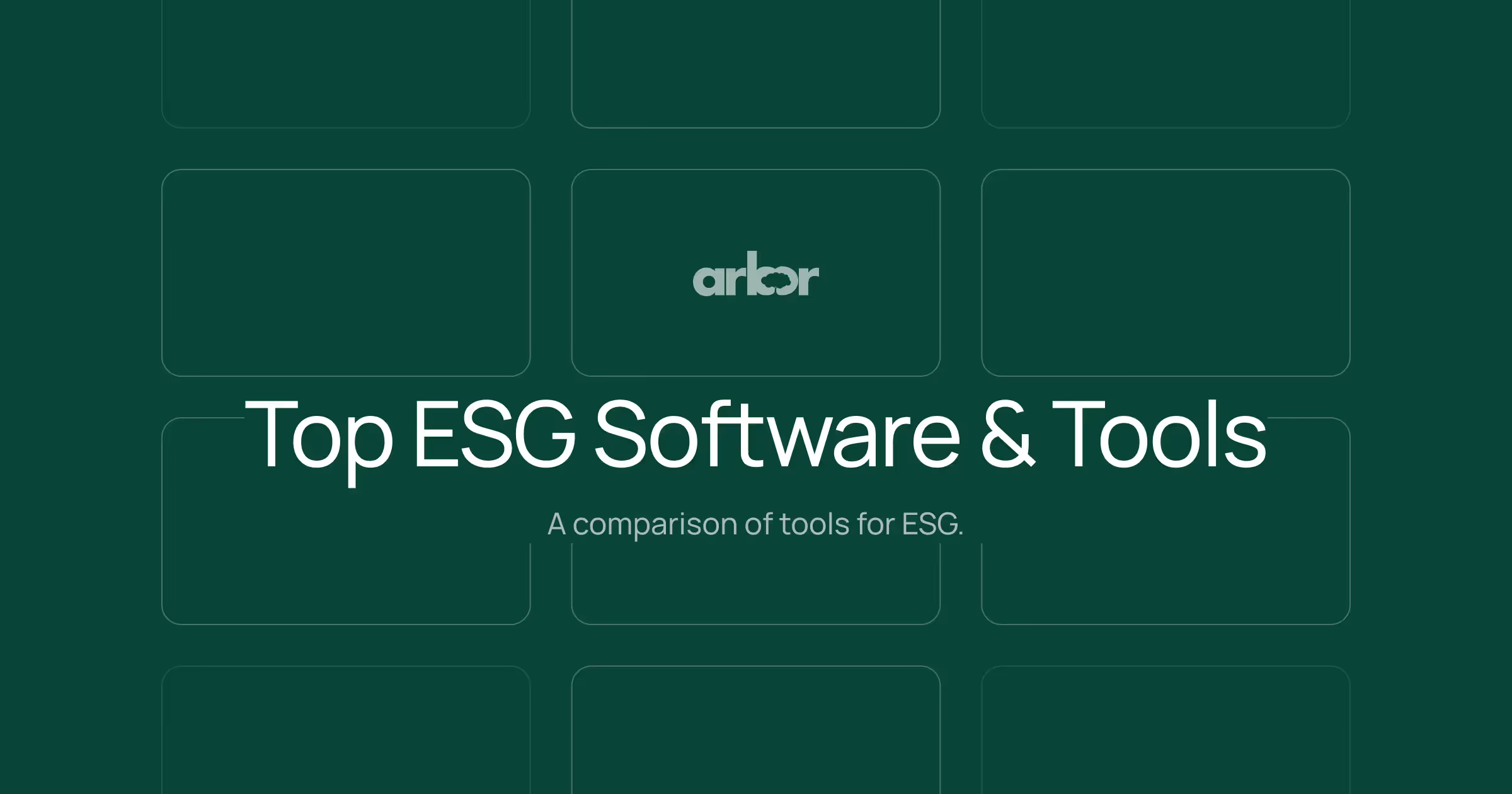
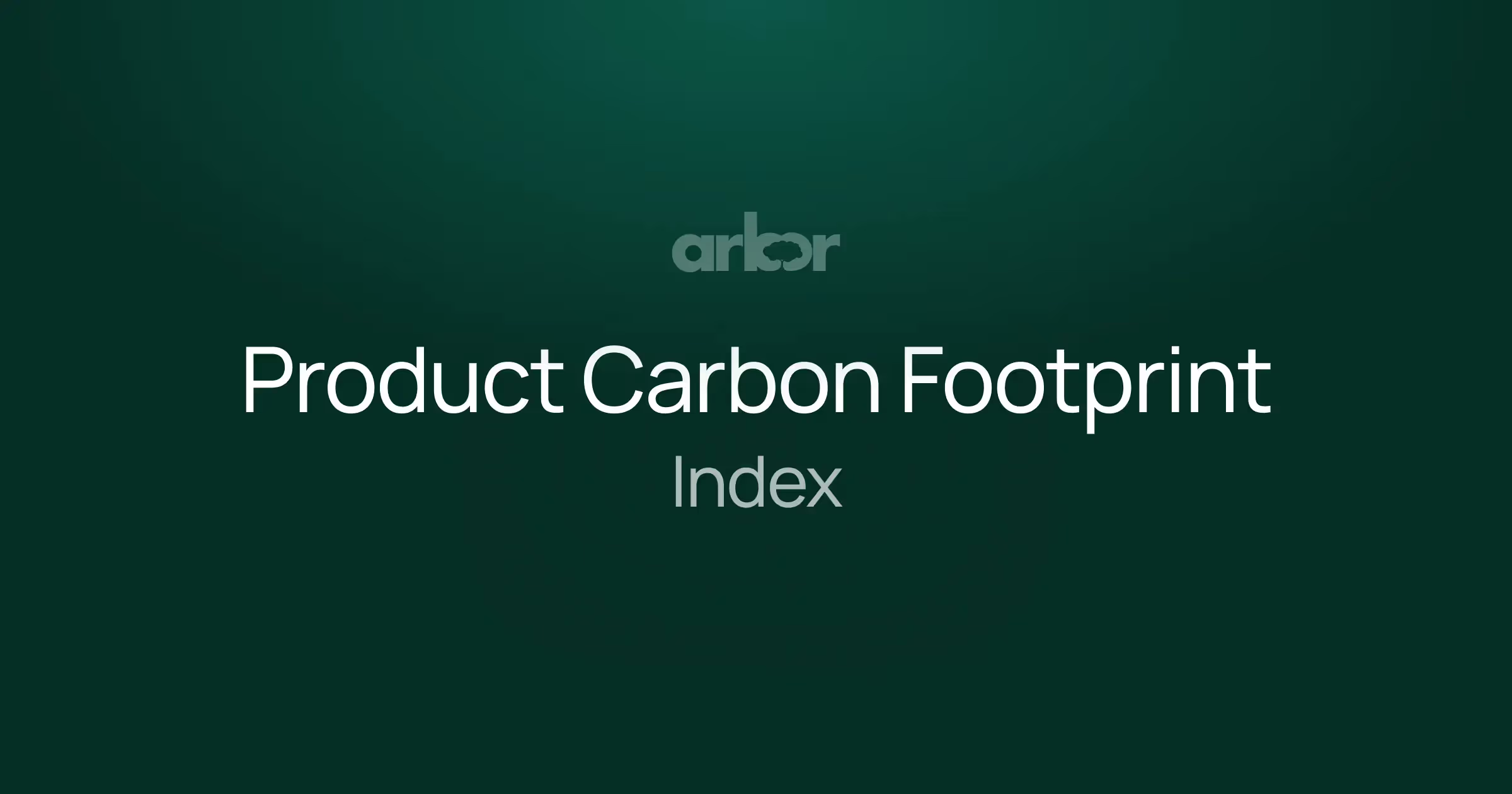
%20Arbor.avif)

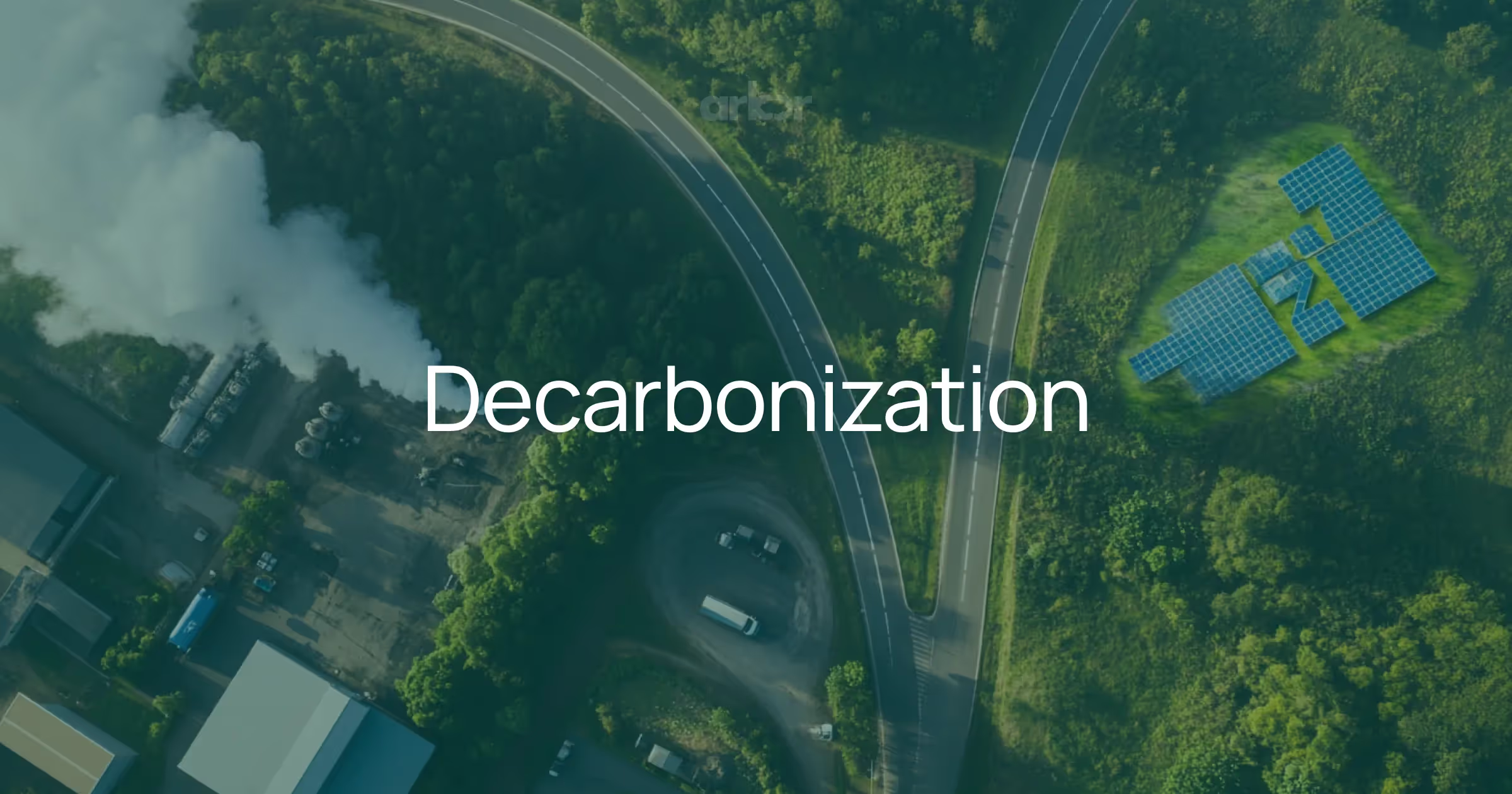

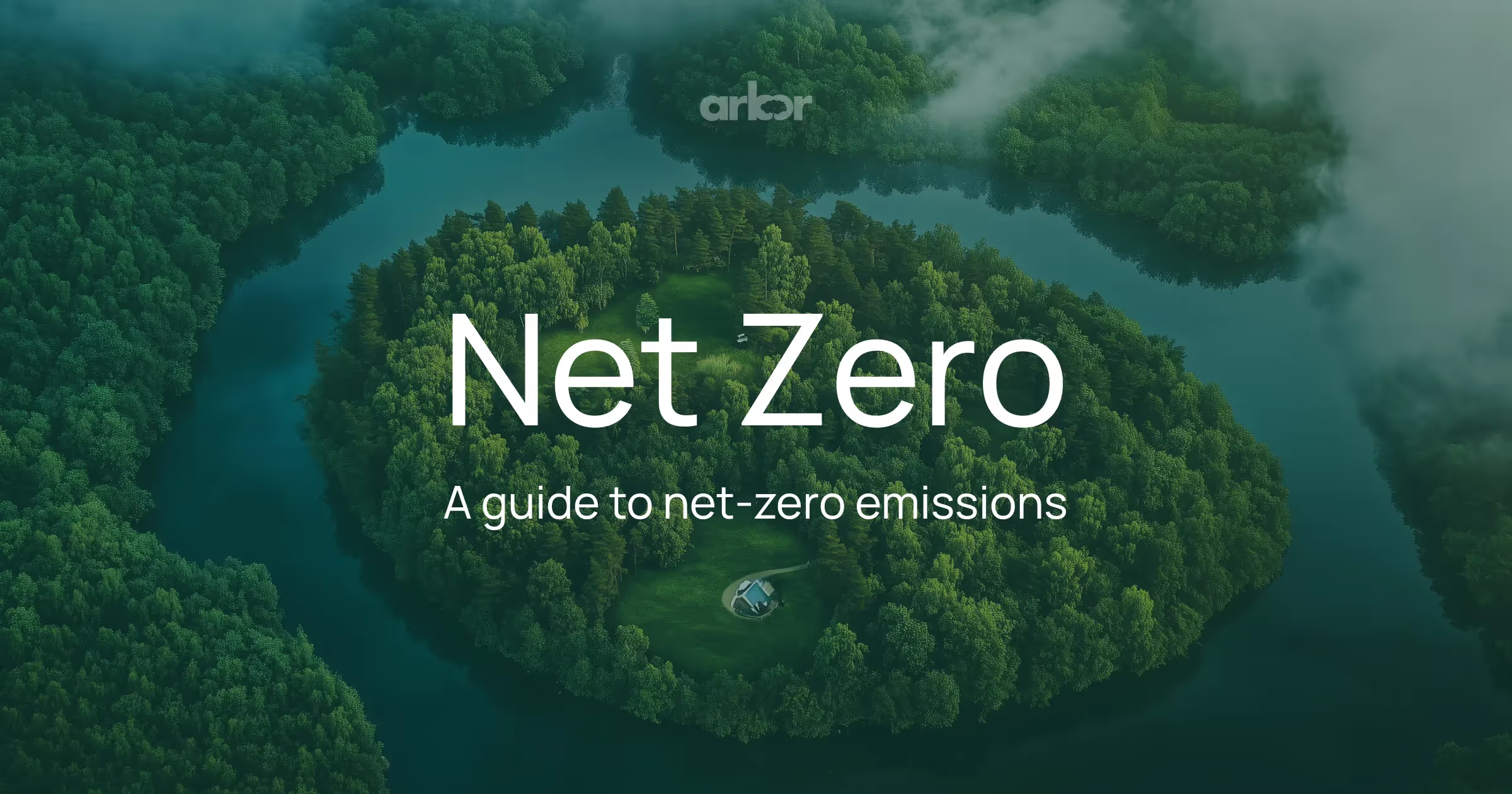
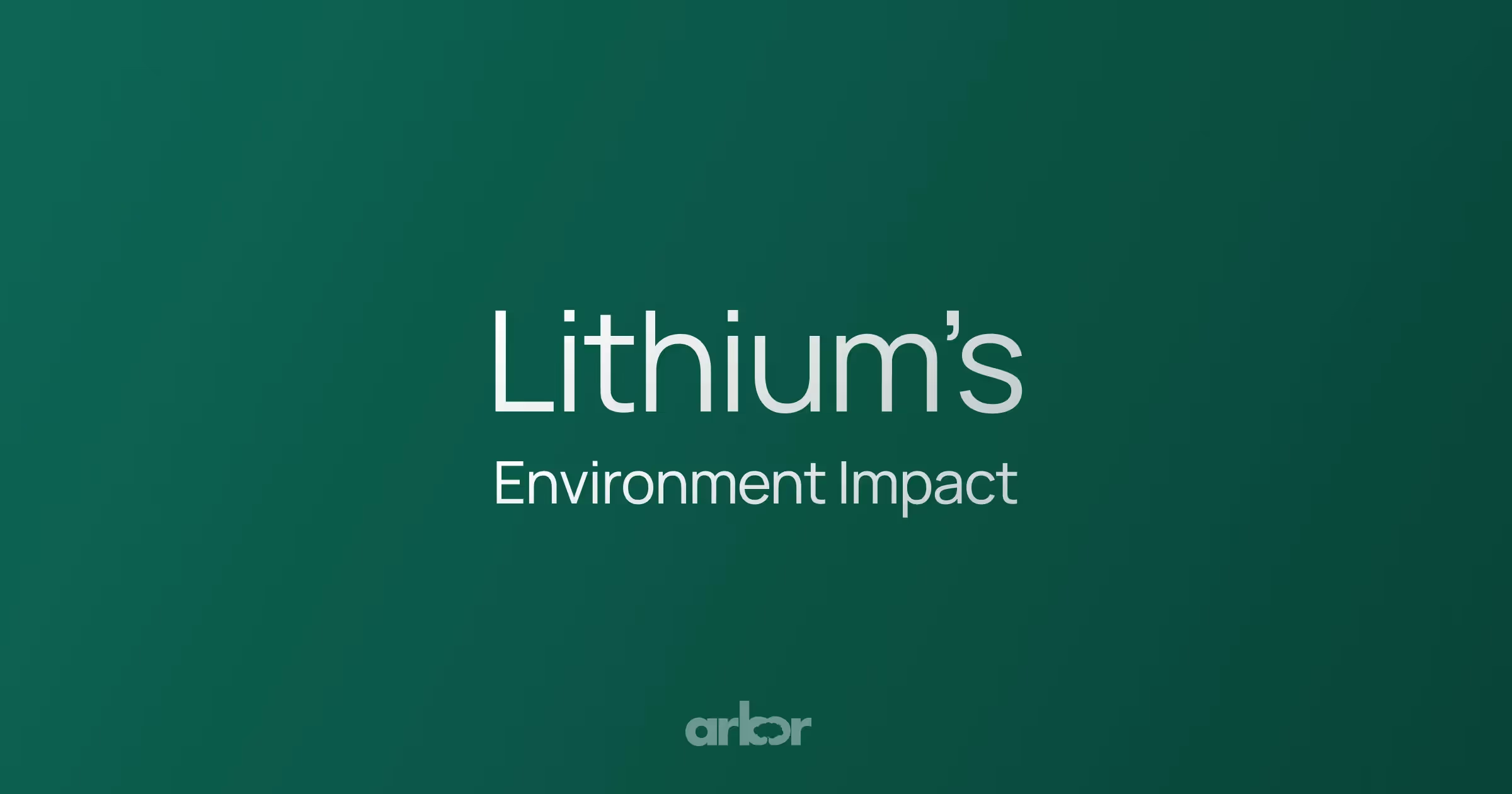
%20Arbor.avif)
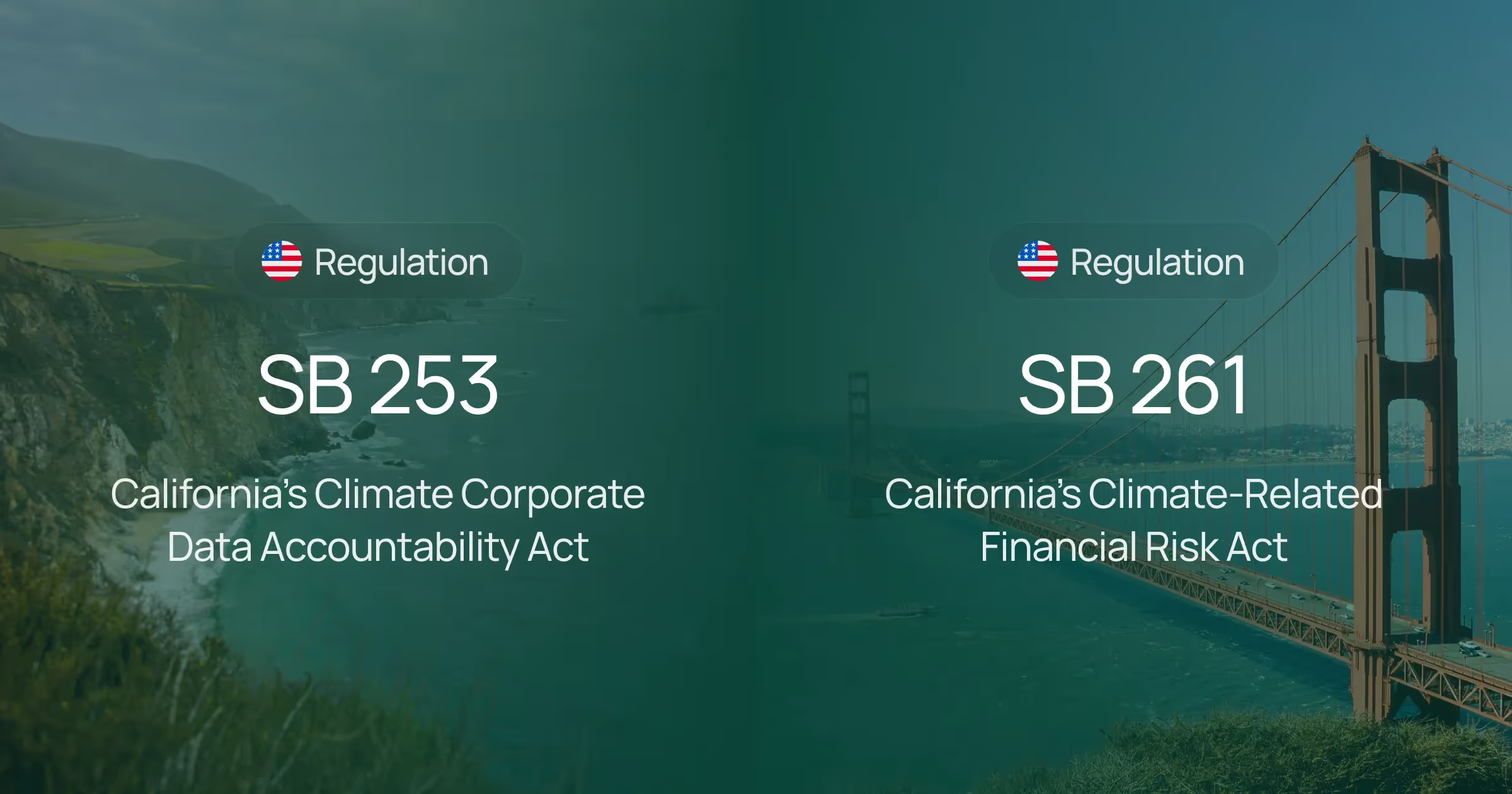

.avif)
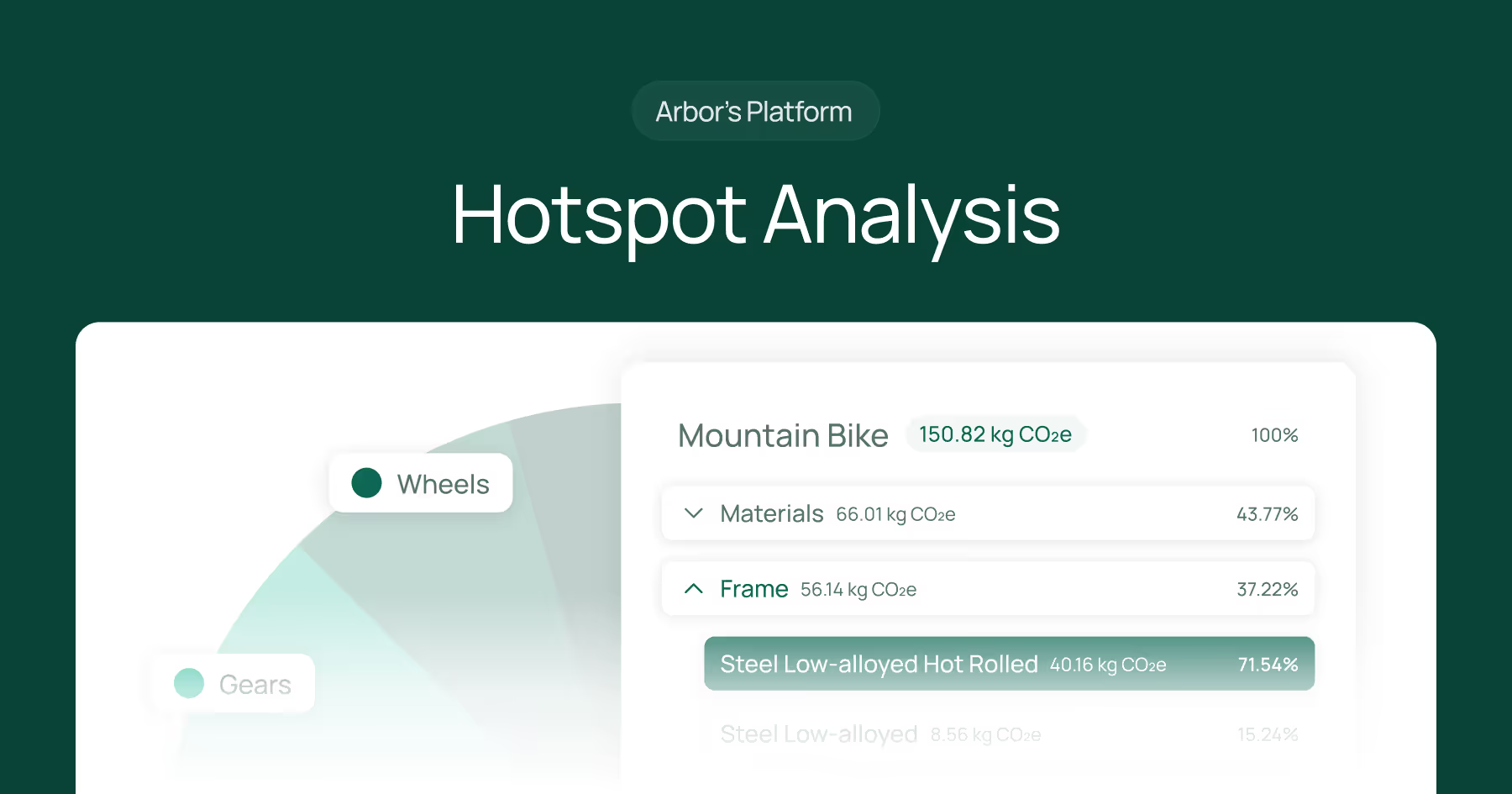


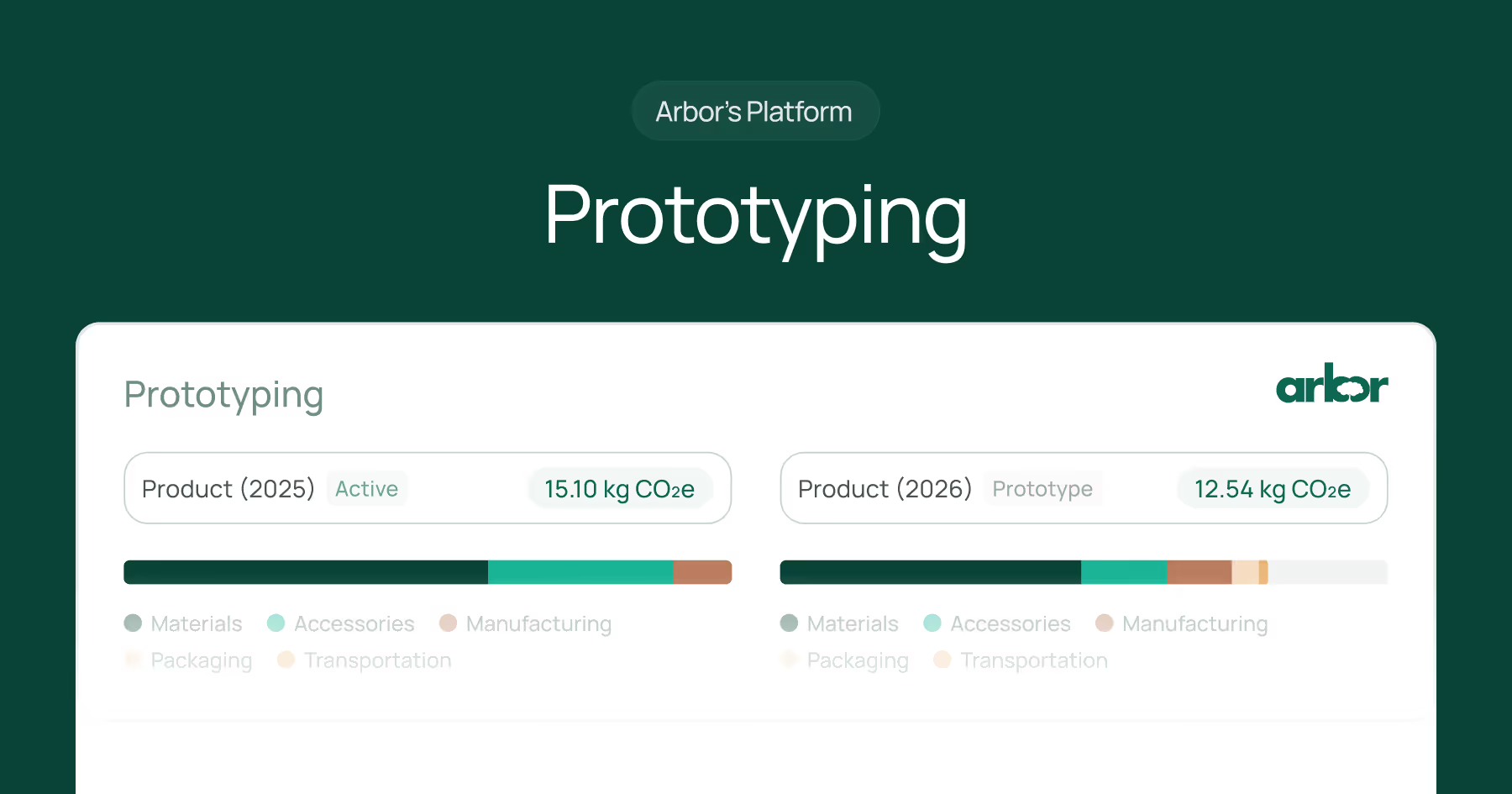
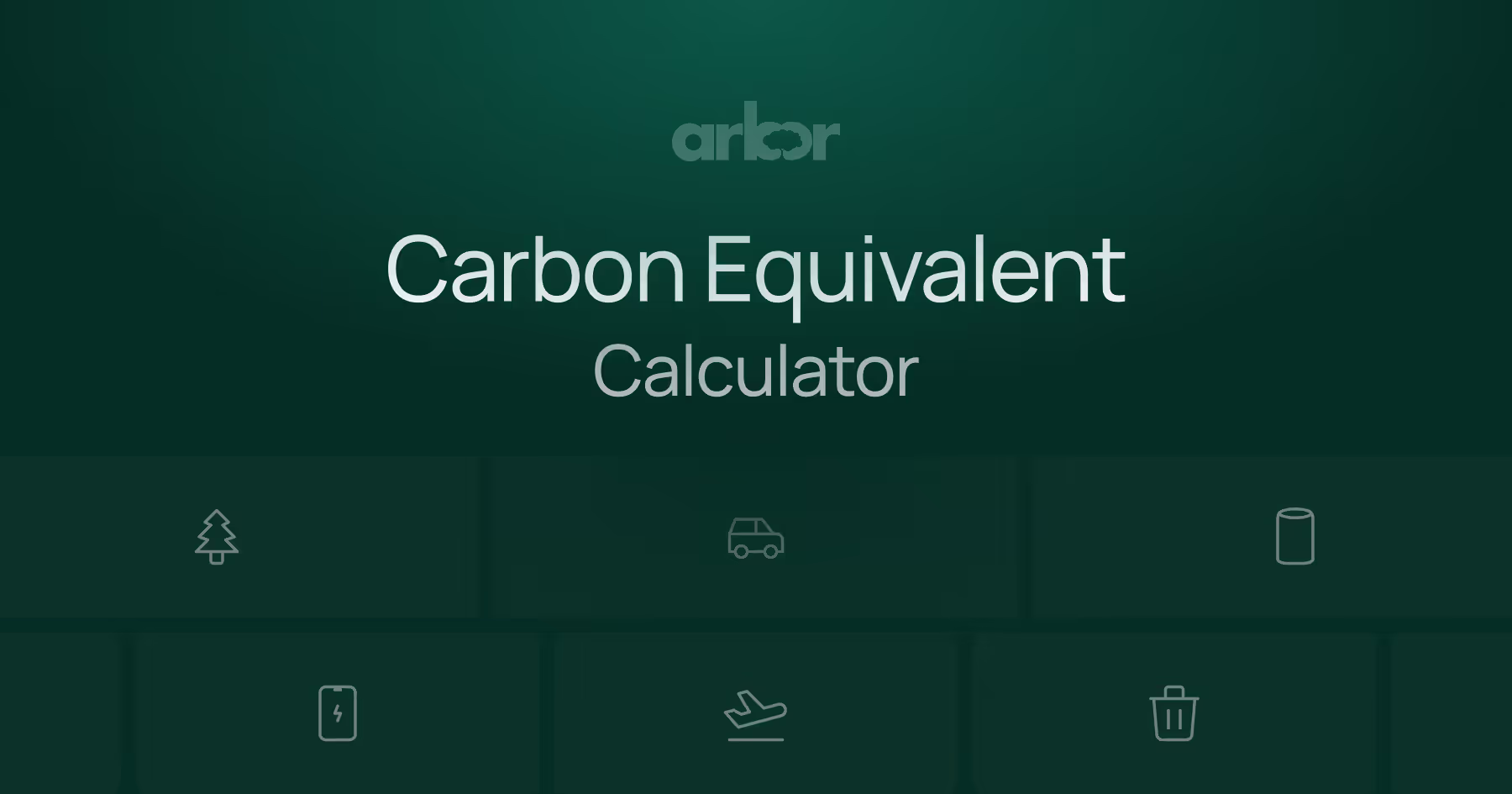
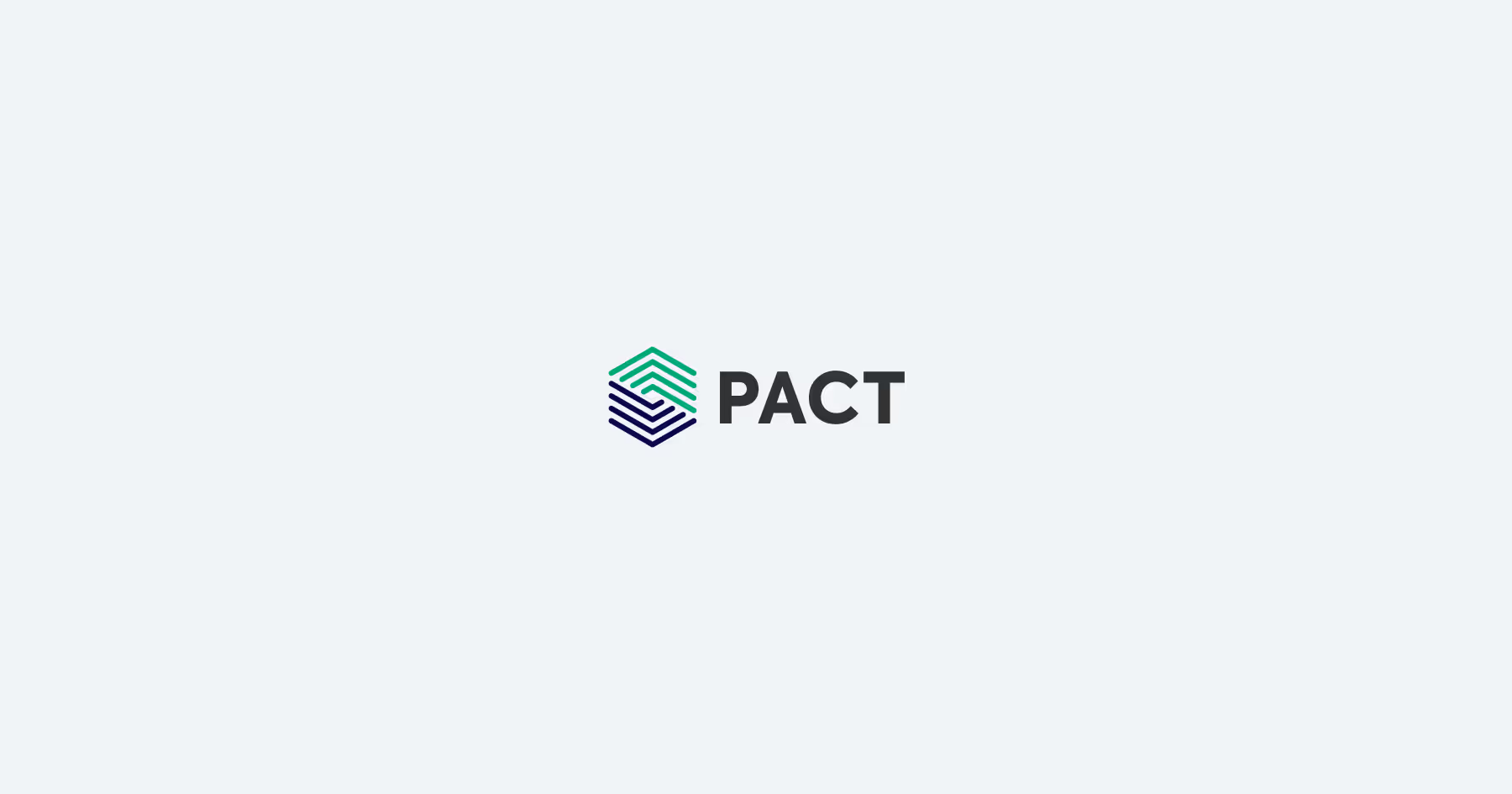
%20Arbor%20Canada.avif)
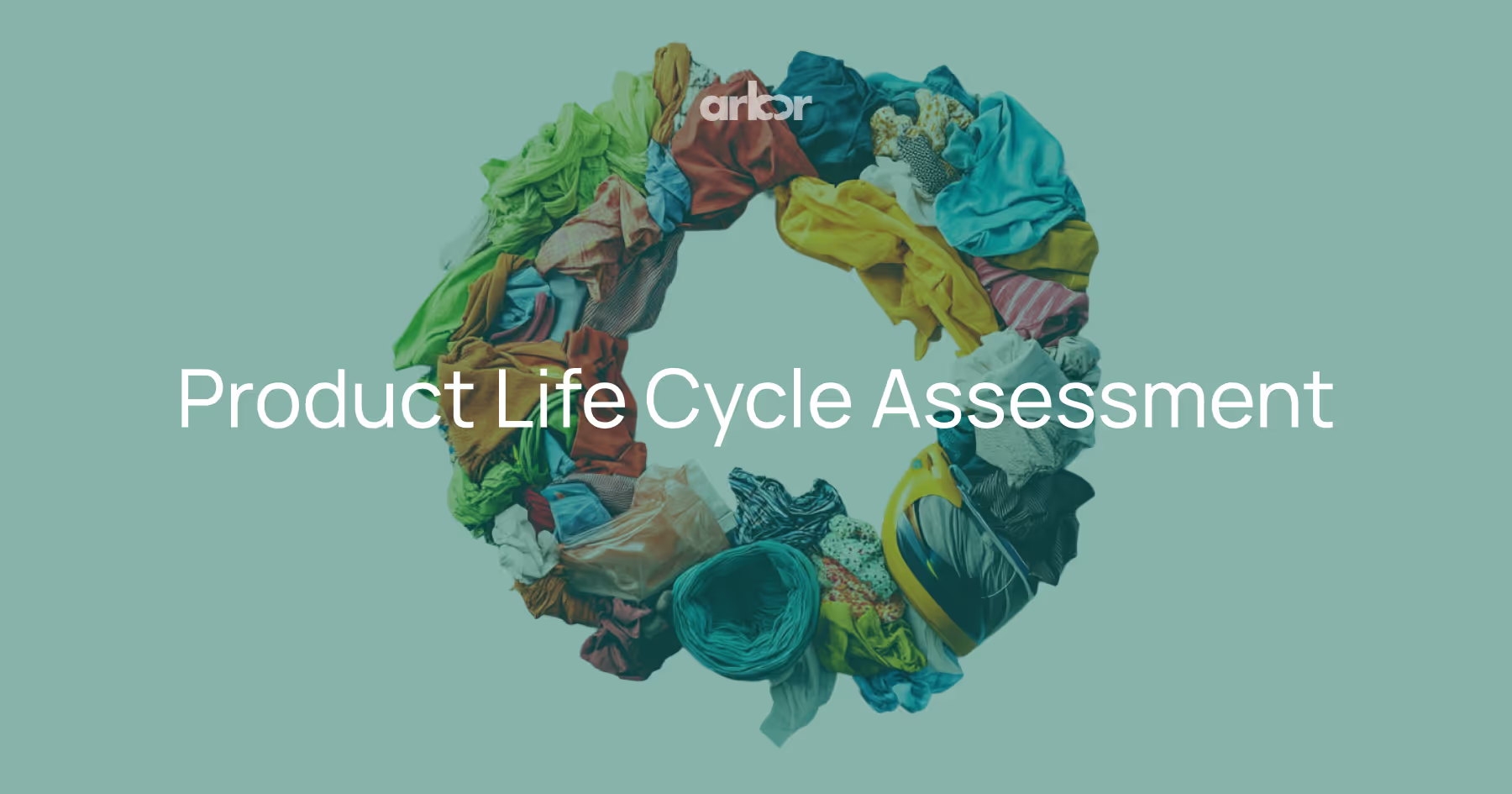
.avif)
%20Arbor.avif)
.avif)
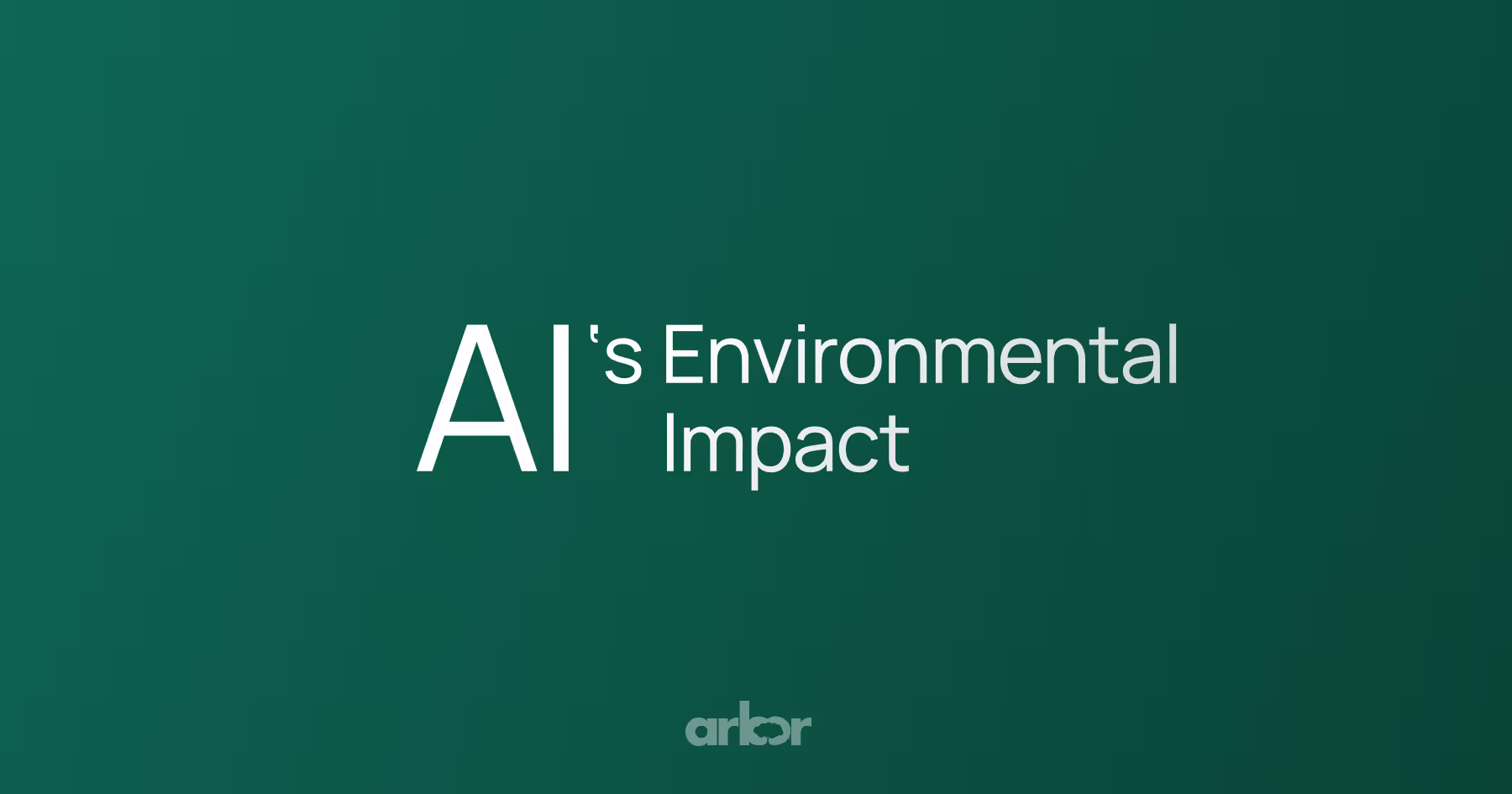
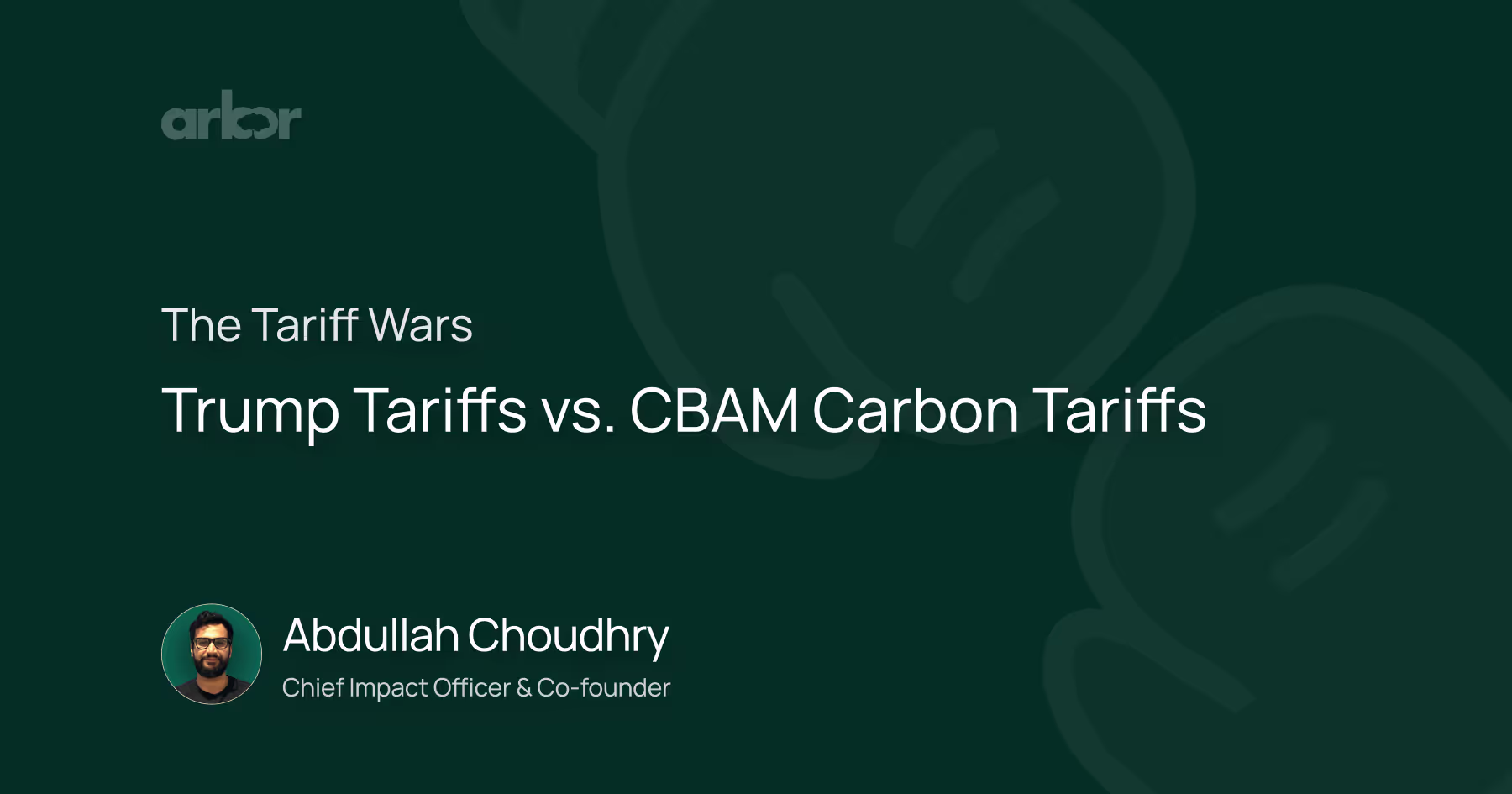
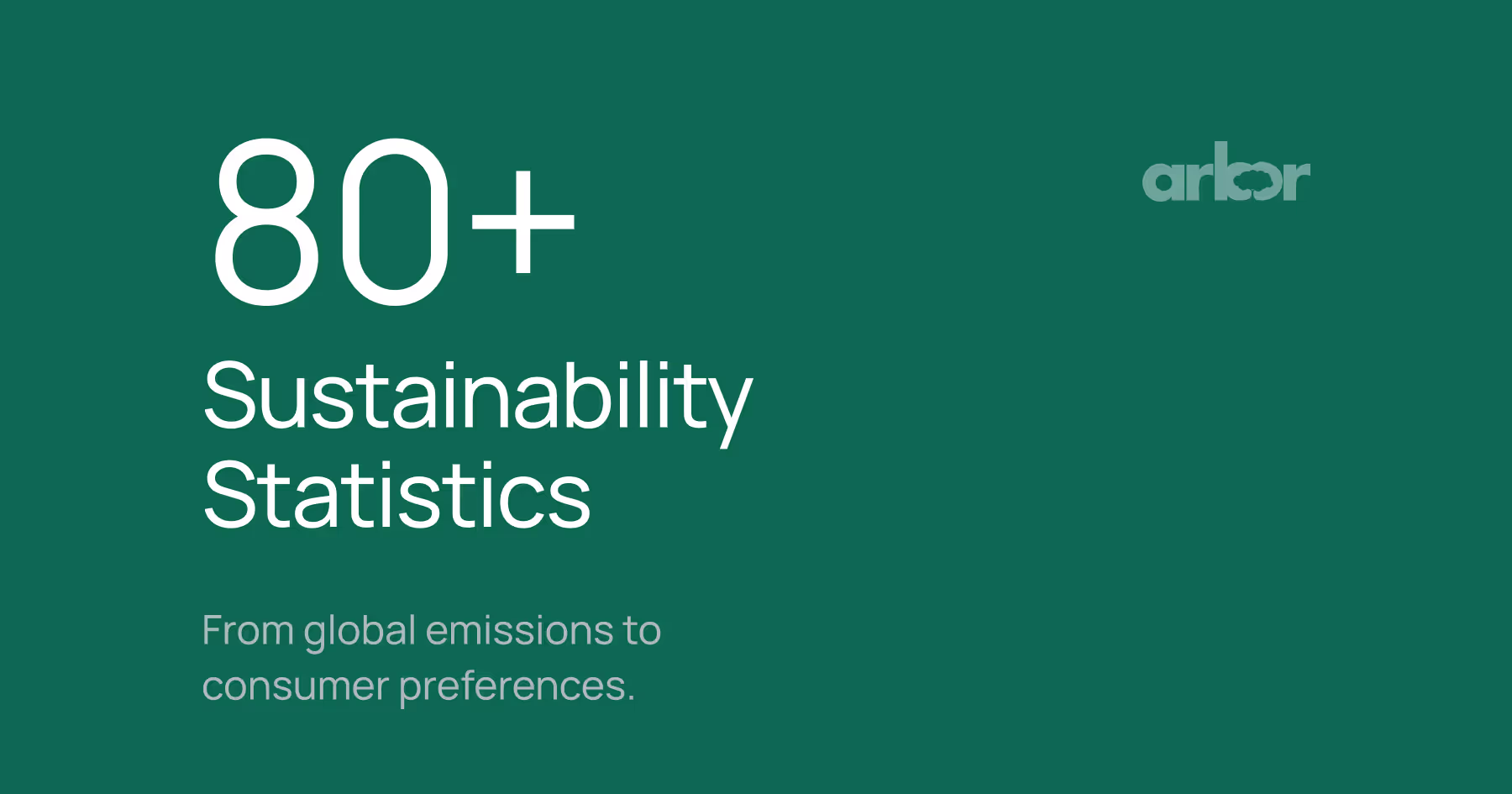


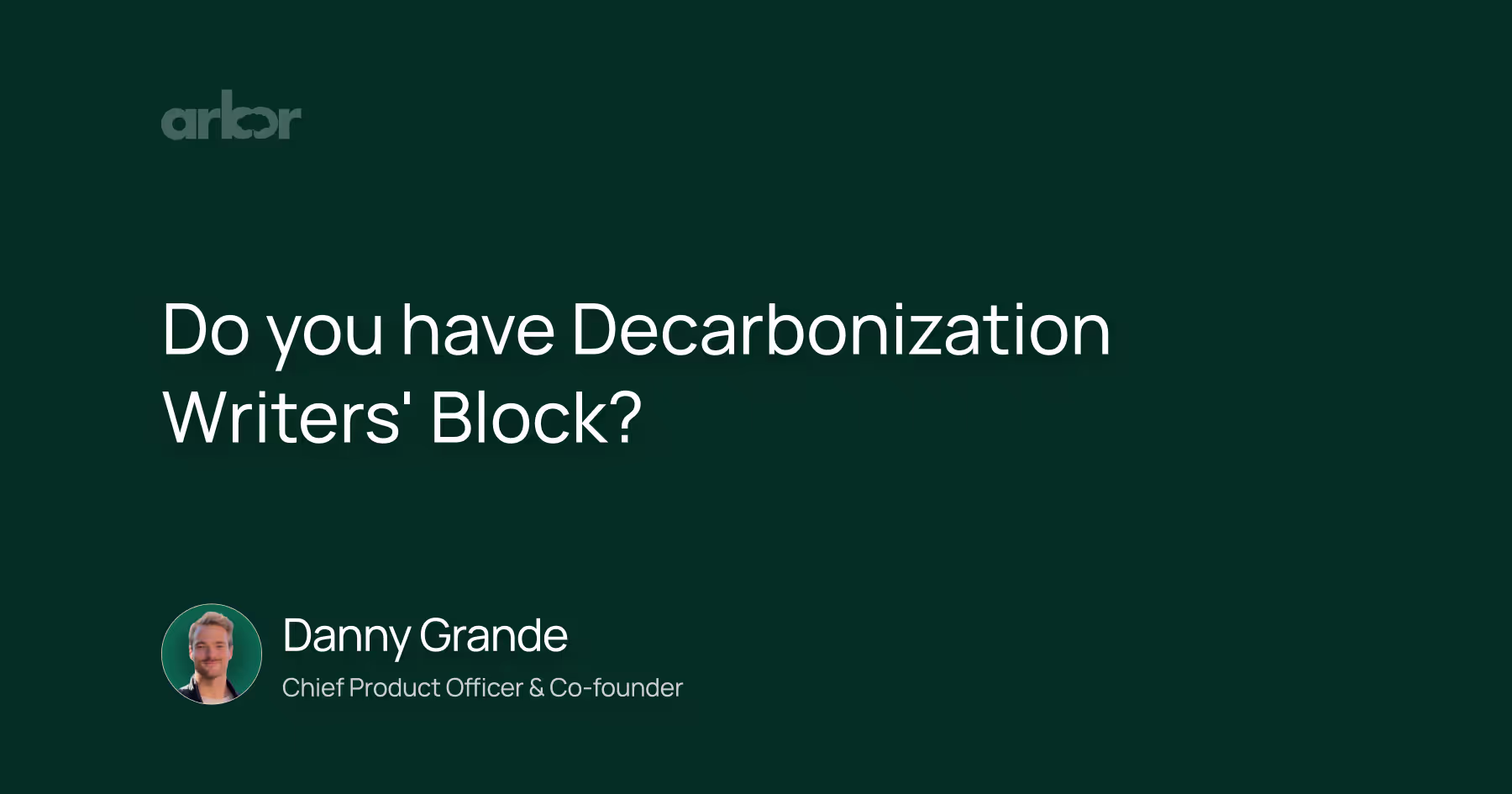
_.avif)
.avif)
%20Arbor.avif)




%20Software%20and%20Tools.avif)





.avif)
.avif)
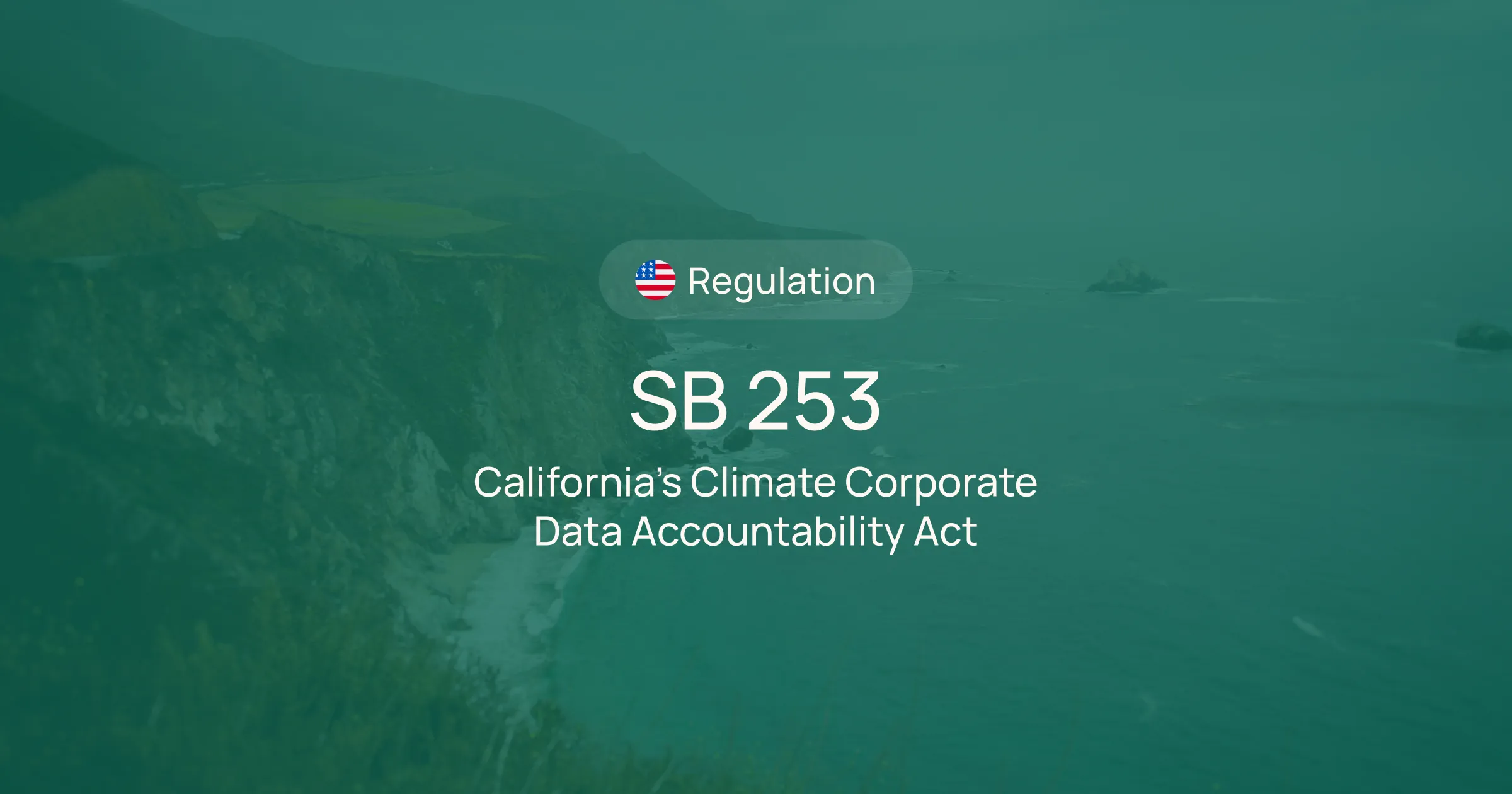



%20EU%20Regulation.avif)







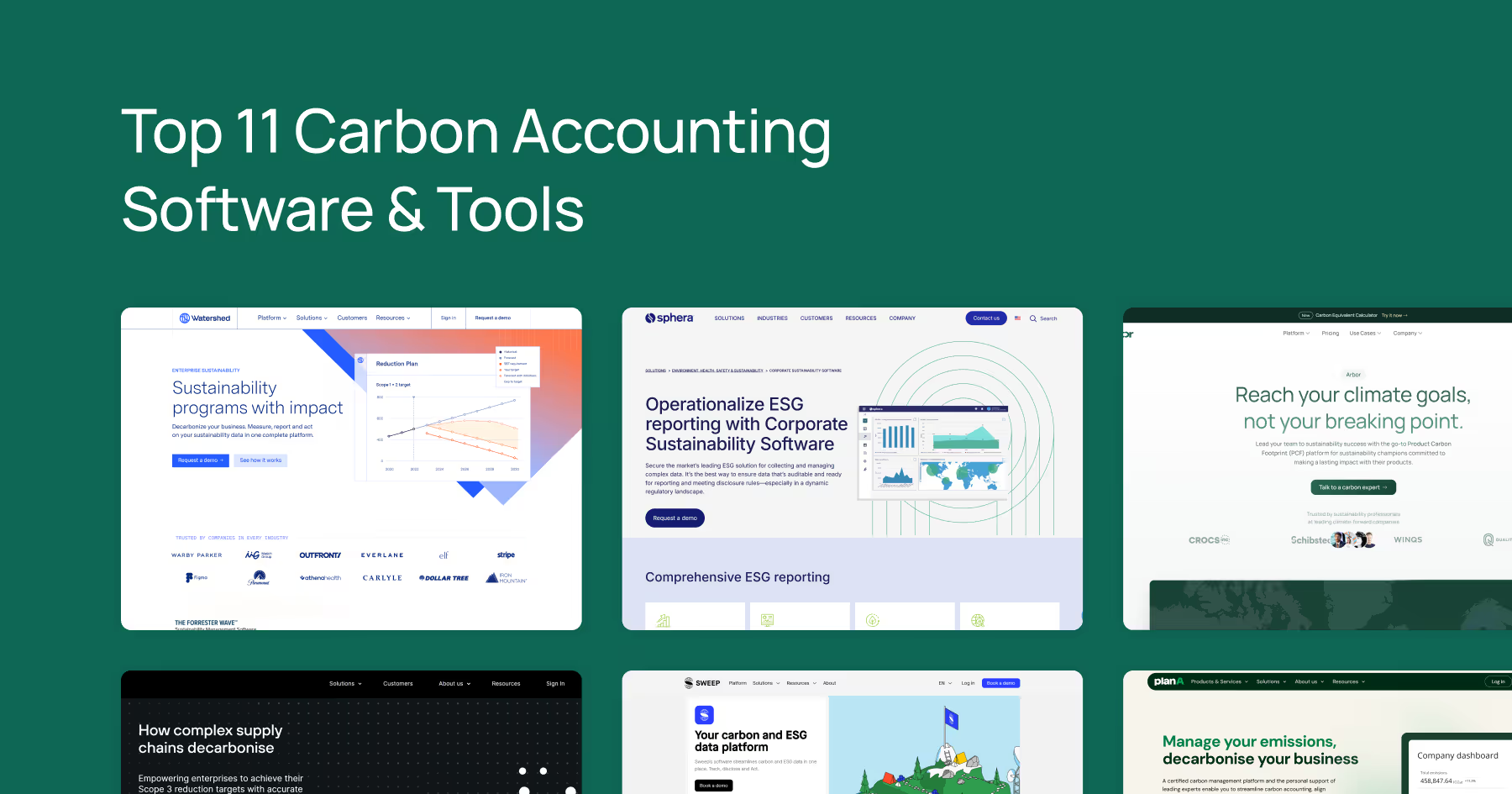




.avif)


%20Arbor.avif)









_%20_%20Carbon%20101.avif)






.avif)

.avif)
.avif)



.avif)








